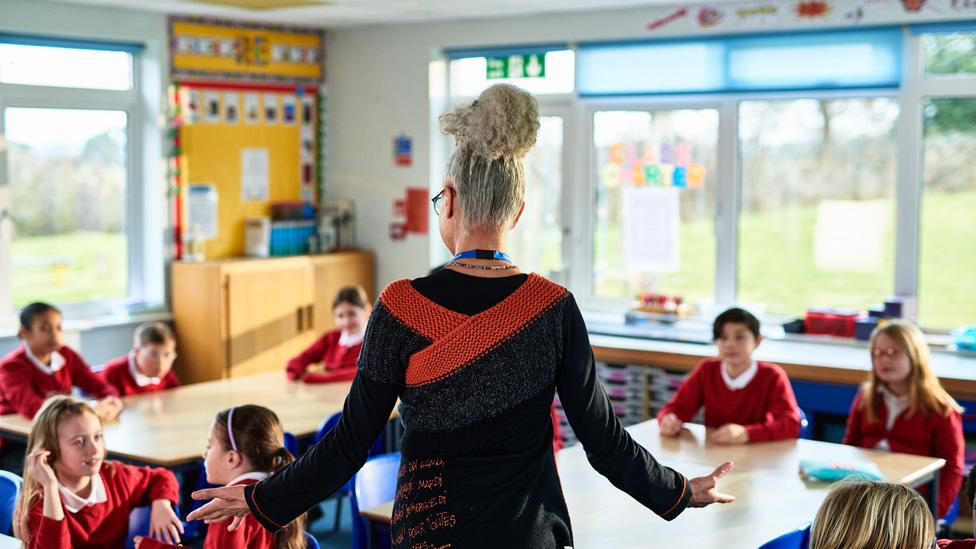Bradford Raac schools' temporary classrooms can stay for two years
- Published
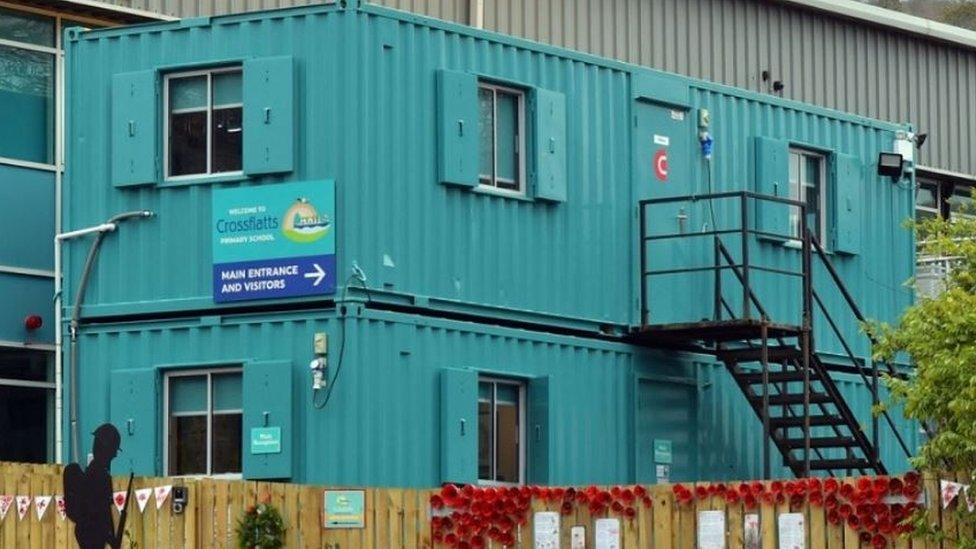
Permission has been given to keep the portable buildings, like these at Crossflatts Primary, for two years
Temporary classrooms at two schools in Bradford where collapse-prone concrete was found can remain on site for up to two years, a council has said.
Parts of Crossflatts Primary and Eldwick Primary were shut in September after the discovery of reinforced autoclaved aerated concrete (Raac).
Portable classrooms had to be brought in so teaching could continue.
A retrospective planning application to retain them until December 2026 has now been approved by Bradford Council.
Raac is a lightweight material used mostly in flat roofing - but also in floors and walls - in many buildings constructed between the 1950s and 1990s.
At the time, it was considered a cheaper alternative to standard concrete, but the material is now beyond its 30-year lifespan.
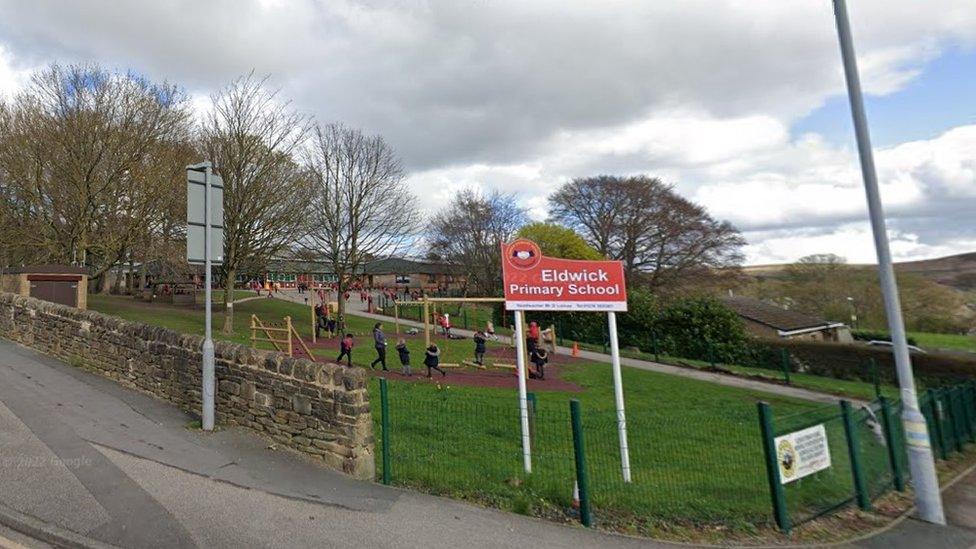
Raac was found earlier this year in 10 classrooms at Eldwick Primary School, plus staff spaces
According to the Local Democracy Reporting Service, the retrospective planning application which went before Bradford Council stated that survey works over the summer had found some classrooms at the two schools were "critically unsafe" and needed urgent remediation works to replace the Raac sections.
The application by the Department for Education said it wanted to keep the temporary classrooms on site for "up to two years".
After that time, the temporary buildings would be removed and "students and staff will return to the school buildings", it added.
Bradford Council officers said the temporary building at Eldwick Primary School did not "overshadow or overlook" any residential properties.
They added that though sporting activities took place within the school grounds, the development had no impact on its ability to continue to provide those classes.
One person objected to the Crossflatts application, saying the temporary classrooms were "unsightly" and blocked views.
However, officers said the proposal did not have an "adverse effect on amenity".
Approval to the application was given, but it was conditional on the schools returning the sites where the temporary classrooms had been located to their original state once they were removed.

Follow BBC Yorkshire on Facebook, external, X (formerly Twitter), external and Instagram, external. Send your story ideas to yorkslincs.news@bbc.co.uk, external.
- Published13 February 2024
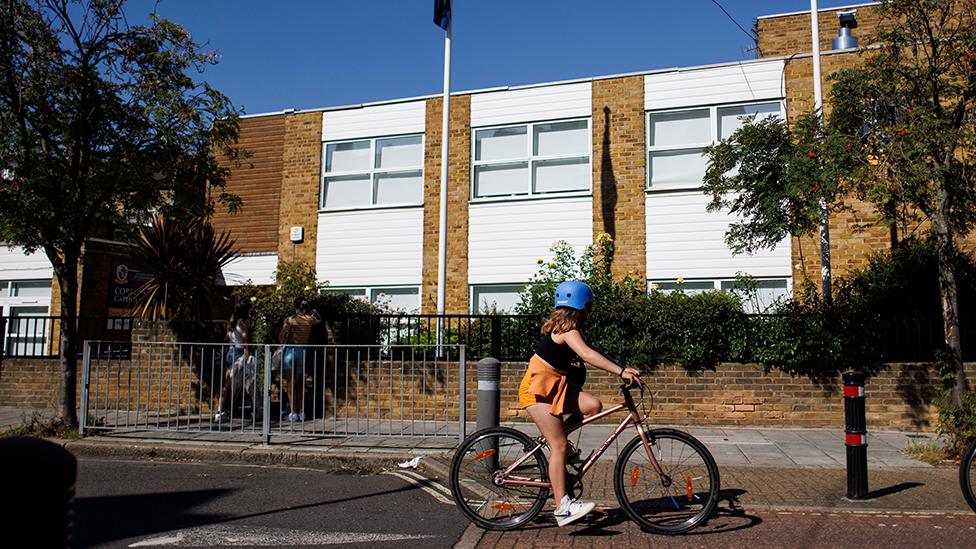
- Published21 November 2023

- Published19 November 2023
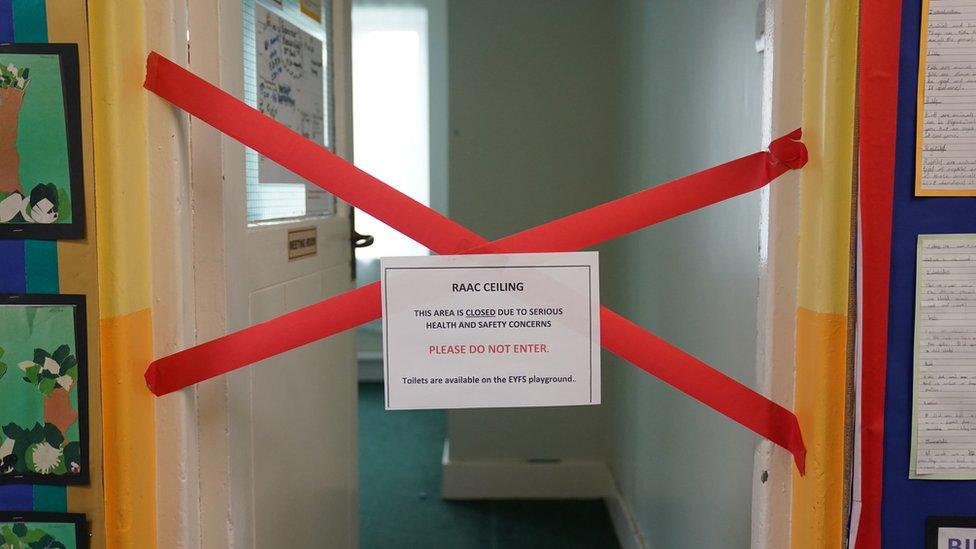
- Published4 November 2023
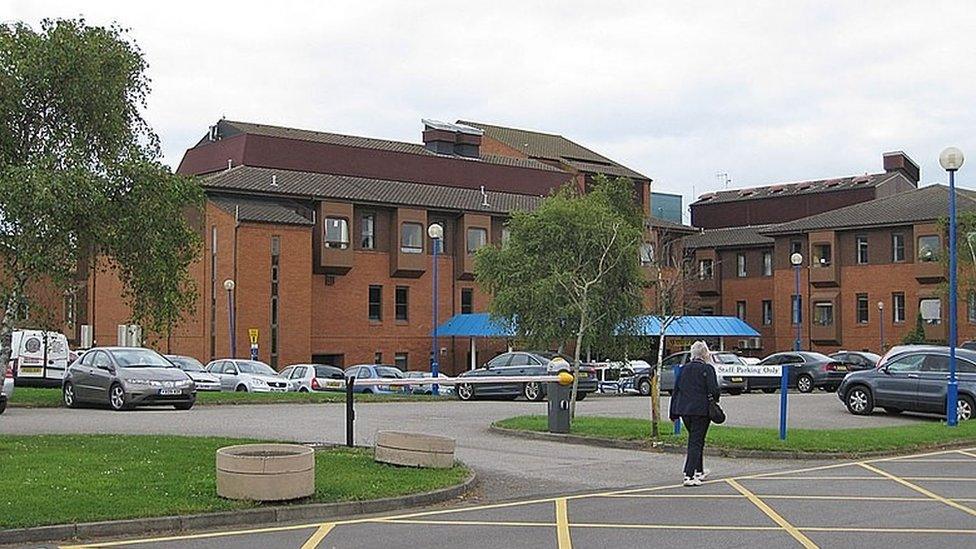
- Published19 September 2023
